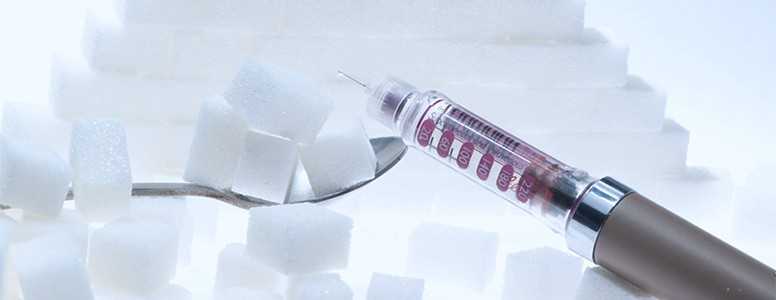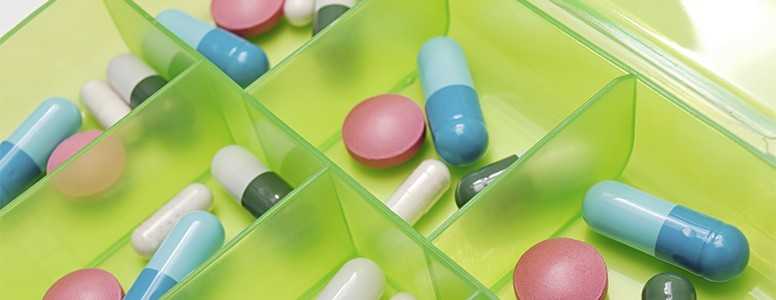Administering a small dose of glucagon via a ready-to-use G-Pen Mini could be an effective treatment option for mild hypoglycemia in adults with type 1 diabetes, a study reports.
Glucagon injection kits are used to treat severe hypoglycemia when a patient is unable to treat themselves. Glucagon travels straight into the bloodstream and takes roughly 10-15 minutes to raise blood sugar levels back to normal.
In this new study, Baylor College of Medicine researchers evaluated mini-dose glucagon in 12 adults with type 1 diabetes who were treated with insulin pumps. The mini-dose was a stable, liquid glucagon with ready-to-use preparation.
The participants’ fasting glucose levels were measured and they were administered glucagon by injection. The glucagon was given as three separate doses of 75, 150 and 300 μg (micrograms), and led to the following mean increases in blood glucose levels:
75 μg raised sugar levels by 1.8 mmol/l
150 μg raised sugar levels by 3.6 mmol/l
300 μg raised sugar levels by 5.3 mmol/l
The researchers then administered bolus insulin to patients in order to induce hypoglycemia. Once participants’ blood sugar levels became low, glucagon was administered to raise their blood glucose back to normal.
Post insulin response to glucagon
Glucagon dose administered
Post insulin administration blood glucose level
Raise in sugar levels induced by glucagon dose
75 μg
3.9 mmol/l
1.1 mmol/l
150 μg
4.1 mmol/l
1.3 mmol/l
300 μg
3.9 mmol/l
2.4 mmol/l
The 300 μg dose was most effective at raising blood glucose levels following hypoglycemia, but the participants on this dose experienced mild nausea. As a result, the 150 μg dose was judged to be the optimal dose to treat mild hypoglycemia.
As the G-Pen Mini glucagon unit is ready to use, the researchers believe this could be a valid treatment for low blood sugar among people with type 1 diabetes. It would not take long to administer, and would be able to treat a mild hypo quickly.
The authors concluded: “Subcutaneous, nonaqueous, ready-to-use G-Pen Mini glucagon may provide an alternative to oral carbohydrates for the management of anticipated, impending, or mild hypoglycemia in adults with type 1 diabetes.”
The findings of this study appear in Diabetes Care.








